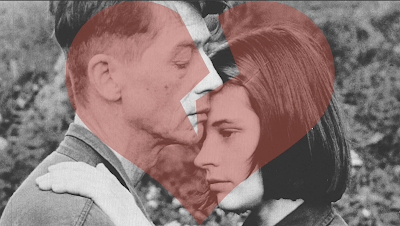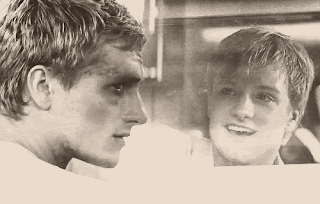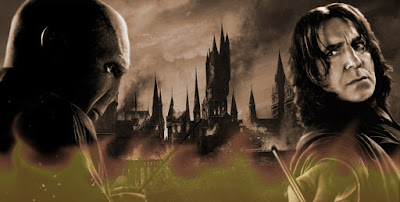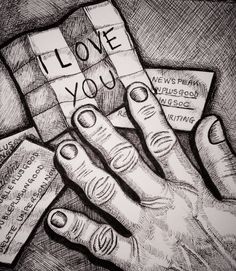Book Three: Chapters 4-6

"'Sometimes,' she said, 'they threaten you with something-something you can't stand up to, can't even think about. And then you say, "Don't do it to me, do it to somebody else, do it to so-and-so.' And perhaps you might pretend, afterwards, that it was only a trick and that you just said it to make them stop and didn't really mean it. But that isn't true. At the time when it happens you do mean it. You think there's no other way of saving yourself that way. You want it to happen to the other person. You don't give a damn what they suffer. All you care about is yourself.'" (pg 240) After being released, Winston ran into Julia. He explains how Julia has gotten thicker from the hips. A woman being more thick in this area usually is thought of making her more desirable, but the thought of having sex with her now seemed horrifying, he couldn't even think of the word sex as he addresses it as "that". Then they adm...




